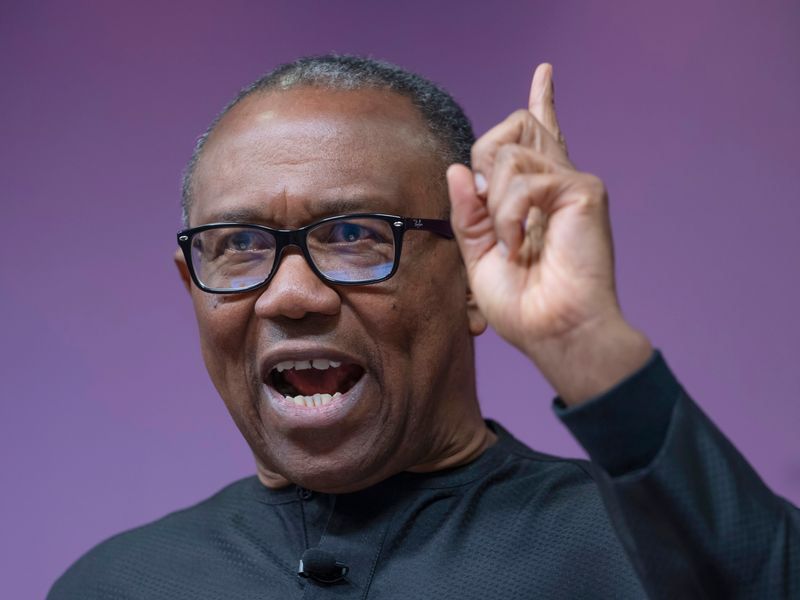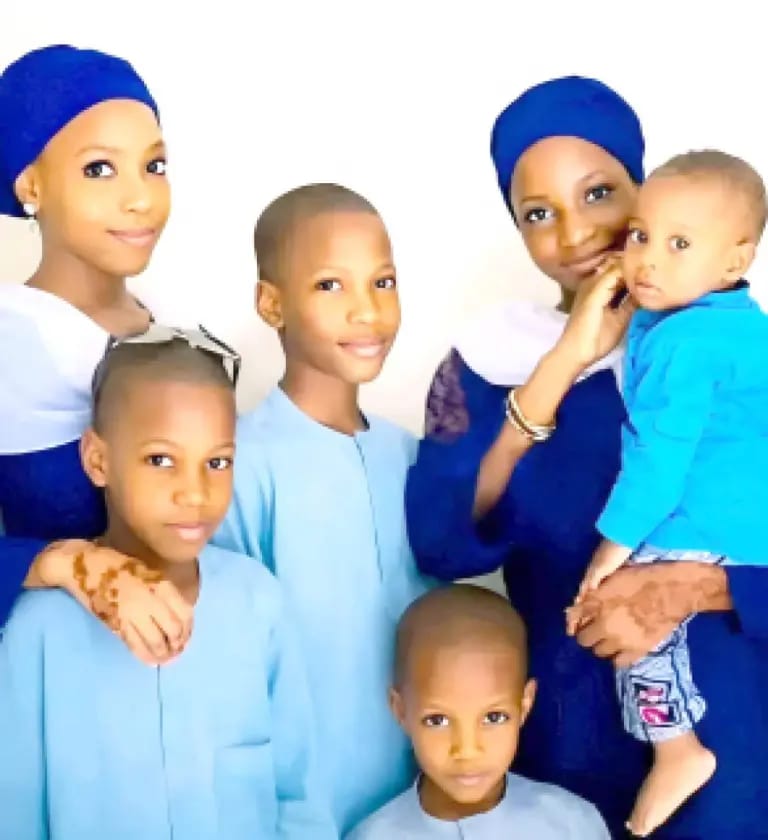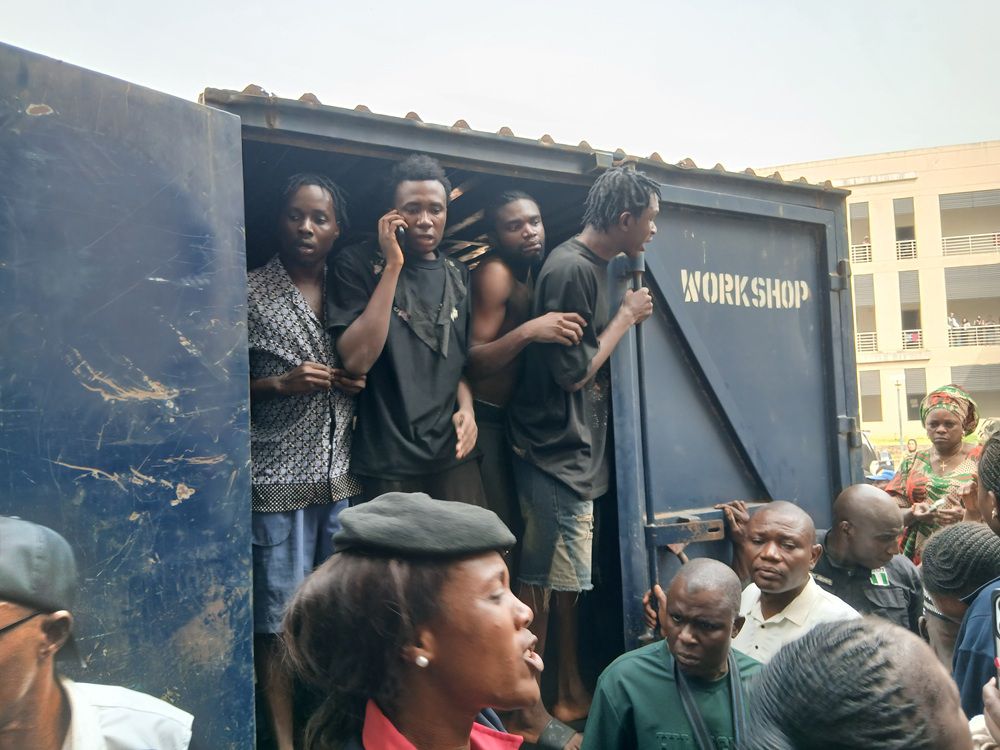The Labour Party’s 2023 presidential candidate, Peter Obi, has expressed deep concern over the recent military threat issued by former U.S. President Donald Trump against Nigeria. Obi described the situation as a direct consequence of “failed leadership and bad governance,” stressing that the country’s deteriorating security and economic situation has reached alarming levels.
His remarks come amid growing global attention to Nigeria’s instability, as Trump’s comments reportedly categorised the nation as a “Country of Particular Concern,” with discussions about potential U.S. military intervention should the situation worsen.
Peter Obi’s Reaction to Trump’s Warning
Peter Obi, a renowned advocate for good governance and accountability, condemned the situation that has placed Nigeria at the centre of international scrutiny. He said the development should not be dismissed as mere political rhetoric but as a wake-up call to the Nigerian government and its leaders.
According to Obi, the country’s escalating insecurity, economic hardship, and lack of strong institutional leadership have made Nigeria vulnerable to external criticisms and threats. He noted that the loss of over 10,000 lives since May 2023 due to violent attacks, kidnappings, and terrorism reflects the failure of leadership at multiple levels of governance.
Obi emphasised that while the security challenges did not begin under the current administration, the lack of competence, commitment, prudence, patriotism, and vision of those currently in power has worsened the crisis.
“Nigeria Has Become a Cautionary Example of Governance Failure”
Obi lamented that Nigeria, once a regional power and beacon of hope in Africa, is now being referenced globally as a cautionary example of failed leadership. He highlighted that the country’s inability to provide basic security, ensure food availability, stabilise the economy, or protect citizens’ rights paints a grim picture of its leadership crisis.
He explained that governance in Nigeria has become overly politicized, where loyalty to party interests supersedes loyalty to national progress. The former governor of Anambra State stressed that leadership in a democracy should be about service to the people, not personal enrichment or ethnic loyalty.
“What we are witnessing today is not just insecurity but a systemic collapse of governance,” Obi stated. “A nation that cannot protect its citizens or manage its resources effectively cannot expect global respect or stability.”
Call for Diplomatic Engagement and National Reforms
While acknowledging the gravity of Trump’s remarks, Obi urged the Nigerian government not to respond with hostility or denial but with strategic diplomatic engagement. He noted that the long-standing relationship between Nigeria and the United States should serve as a platform for cooperation, not confrontation.
He advised Nigerian leaders to use this opportunity to rebuild the nation’s image internationally, by prioritizing transparency, human rights, and economic reforms that restore confidence both at home and abroad.
Obi also called for a comprehensive national security reform, including better training and welfare for security personnel, improved intelligence gathering, and community-based conflict prevention. He emphasised that without addressing poverty, unemployment, and injustice—the root causes of insecurity—no amount of force or foreign assistance would solve Nigeria’s problems.
Worsening Insecurity and Public Outcry
The former presidential candidate’s comments reflect the mood of many Nigerians who have expressed frustration over the increasing cases of banditry, insurgency, and kidnapping across the country. Communities in the North-East, North-West, and Middle Belt regions continue to suffer from violent attacks, while southern states are battling cultism, armed robbery, and cyber crime.
Public trust in security agencies remains low, and citizens often accuse the government of being reactive rather than proactive in handling crises. The continuous reports of attacks on schools, farmlands, and highways have fueled national anxiety and deepened the sense of helplessness among ordinary Nigerians.



